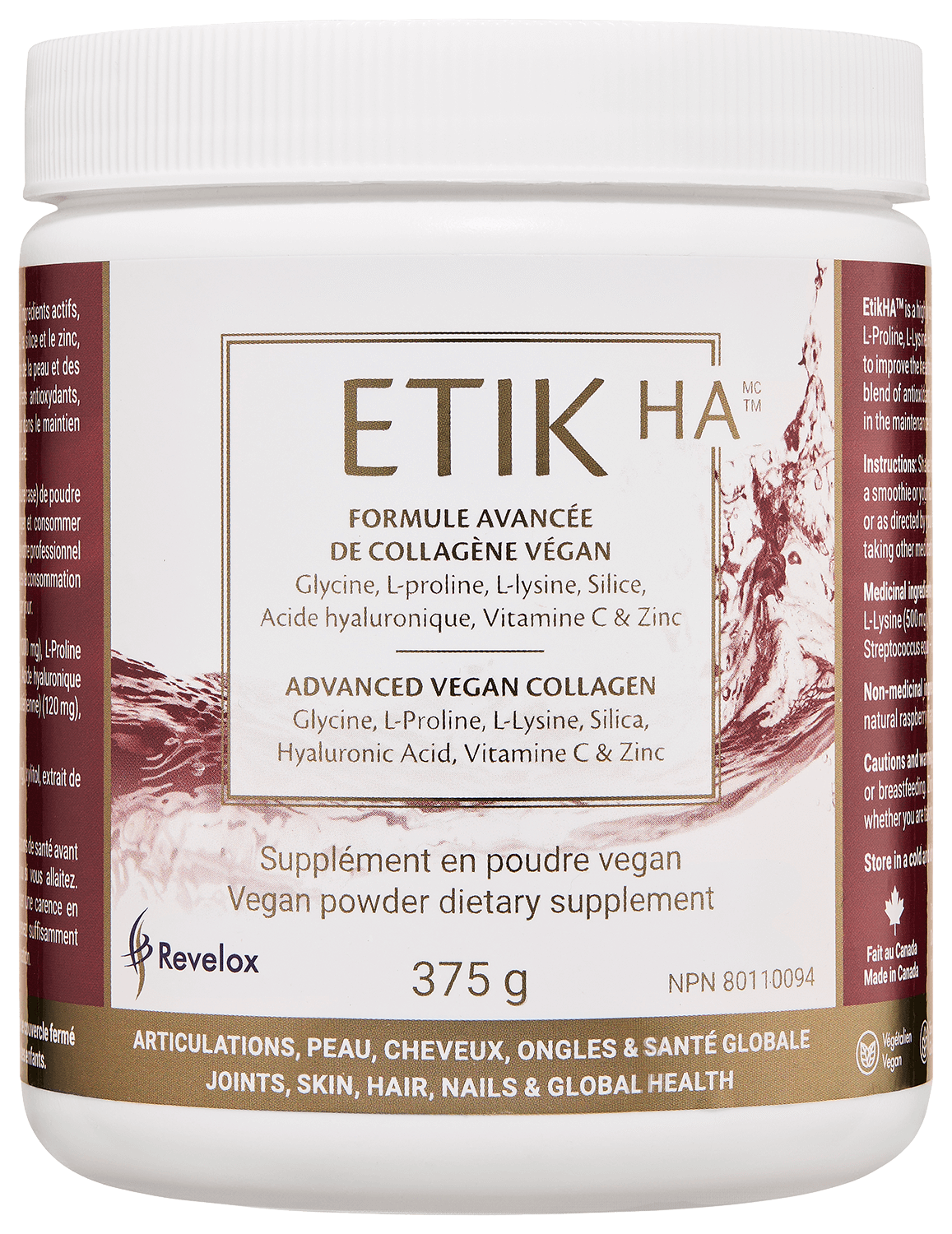A recognized treatment for herpes, but also an ally against anxiety and for healing wounds, lysine has many facets.
Isolated in 1889 from casein, lysine is an amino acid that is not synthesized by our body. It is found directly in our diet, particularly in foods rich in protein. Lysine has multiple benefits. A treatment for herpes but also an ally of athletes, discover everything there is to know about lysine.
What is lysine?
Lysine is one of the 9 amino acids that the body is unable to synthesize on its own. It must therefore be absorbed daily through our diet.
Lysine is essential because it plays a role in growth and in the production of carnitine, a component of cells. In food, it is mainly found in foods rich in protein. It is present in its active form, used by our body, called L-Lysine.
What are the roles and benefits of lysine?
The human body cannot function normally without sufficient lysine intake. In our body, lysine participates in:
- The production of antibodies, enzymes and hormones;
- The proper functioning of the immune system;
- The absorption of iron, zinc and calcium;
- The synthesis of collagen.
Lysine as a treatment and as a supplement
Lysine is also recognized for its effects in the treatment of certain conditions. It is regularly prescribed as a treatment for herpes. Its effect on collagen production helps speed up healing and can even reduce the frequency of attacks in people with the herpes virus.
Studies have also proven the positive effects of lysine supplementation on anxiety and stress. The amino acid helps reduce levels of cortisol, the stress hormone. 50 participants, taking 2.64 g of lysine per day for a week saw their anxiety symptoms reduce.
Lysine in the form of food supplements is also very popular with athletes. Indeed, it promotes recovery and allows you to develop muscle mass more quickly. It also plays an important role in healing. Lysine supplementation could therefore allow you to resume your sports practice more quickly after an injury.

Other benefits of lysine
Still little known, lysine is still being studied in order to discover its other benefits. Lysine supplementation could notably:
- Participate in hair growth;
- Contribute to the preservation of muscle mass and mobility in the elderly;
- Support skin growth;
- Fight against bone loss and osteoporosis.
Where to find lysine-rich food?
Animal foods rich in lysine

Lysine is mainly found in animal foods rich in protein. Here are some examples:
- Dried cod: 100 g of fish contains 5.8 g of lysine;
- Parmesan: per 100 g, this cheese contains 3.8 g of lysine;
- Dried smelt: 100 g of dried smelt contains 3.7 g of lysine;
- Beef: 100 g of beef contains 3.4 g of lysine;
- Chicken: per 100 g of meat, the body can absorb 3.3 g of lysine;
- Gruyere: per 100 g of cheese, the body can absorb 2.7 g of lysine.
Plant-based foods rich in lysine

For vegetarians, vegans or those simply wishing to diversify their sources of lysine, many plant-based foods are rich in this essential amino acid. Here are a few examples:
- Lentils: legumes are very interesting from a nutritional point of view. 100 g of lentils contain 1.9 g of lysine;
- Split peas: 100 g of split peas contain 1.9 g of lysine;
- Red beans: for 100 g of red beans, the body can absorb 1.7 g of lysine;
- Dry quinoa: 100 g of this cereal contains 0.7 mg of lysine.
Lysine is an essential amino acid for the proper functioning of the body. It is normally found in sufficient quantities in a varied and balanced diet. Indeed, lysine deficiencies are extremely rare in developed countries. However, taking lysine dietary supplements can be useful for athletes or in the treatment of certain diseases such as herpes and more particularly cold sores. You will also find Lysine (500mg) per serving in our Vegan formulation, EtikHA.

EtikHA
Advanced Vegan Collagen-Boosting Formula